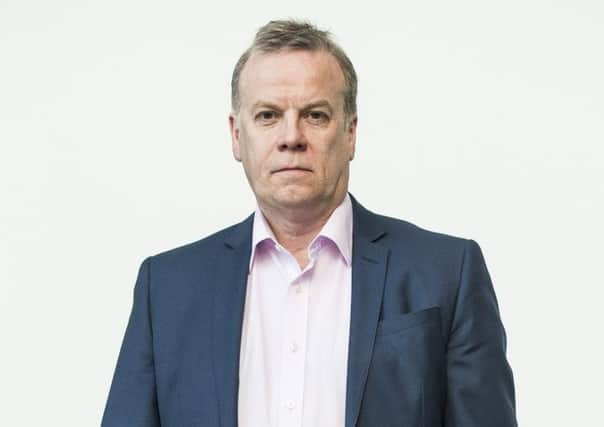Comment: Green bank backing | FCA challenge


Despite some internal upheavals, its tight management structure has been focused on delivering what it set out to do by putting up the cash that would mean those touch-and-go projects that might be more touch than go are getting the support they need.
Yesterday’s £461 million investment – the biggest sum so far committed – is the first time the bank has invested in offshore wind projects prior to completion.
Advertisement
Hide AdAdvertisement
Hide AdProviding capital at an earlier stage is vital to moving projects from the drawing board and into development and helps operators manage their risk more effectively.
Shaun Kingsbury, chief executive, spoke yesterday about the bank going through a learning process of its own but now beginning to mature in the way it handles investments.
Those who thought it would be little more than a rubber-stamping government department with a fancy name have been proved wrong. It is a proper investment bank offering debt and equity at commercial rates and on a strict “for profit” remit.
For that reason alone it is not simply doling out subsidies to projects for the sake of shoring up a government commitment to green energy. Its investments need to prove they will produce a commercial return and the fact that it is investing the majority of its available funds into wind energy suggests there is a strong belief in its future.
Kingsbury is therefore justified in saying that it not only helps kick-start those projects that might not otherwise get the go ahead, it is also creating jobs and supporting the development of a supply chain.
The industry has not been without its setbacks with one or two major developments cancelled and SSE, in particular, scaling back on its commitment to renewables. That should make the bank all the more important in providing the sector with the support it needs.
Blundering watchdog needs more bite
YESTERDAY was supposed to mark a new beginning for Britain’s new financial watchdog. Sadly, it was overshadowed by Friday’s leak of its planned investigation into millions of insurance policies dating back to 1970.
So, even before the new Financial Conduct Authority could issue its business plan questions were being asked about its fitness to oversee the sector.
Advertisement
Hide AdAdvertisement
Hide AdAndrew Tyrie, chairman of the Treasury select committee, accepted that there may be merit in the proposed review but the immediate issue, he said, is not the conduct of the industry but of the regulator.
The leak caused insurance company shares to plummet, losing a collective £7 billion in early trading. It required a reassuring message from the FCA later in the day to bring some order to the chaos.
Tyrie argues that the damage has been done and that by creating a disorderly market in shares it may also have damaged consumer confidence in the sector as a whole.
This somewhat undermines the point of restructuring the regulatory system in the first place and will add to existing pressure on the FCA to show it can perform better than its predecessor, the Financial Services Authority.